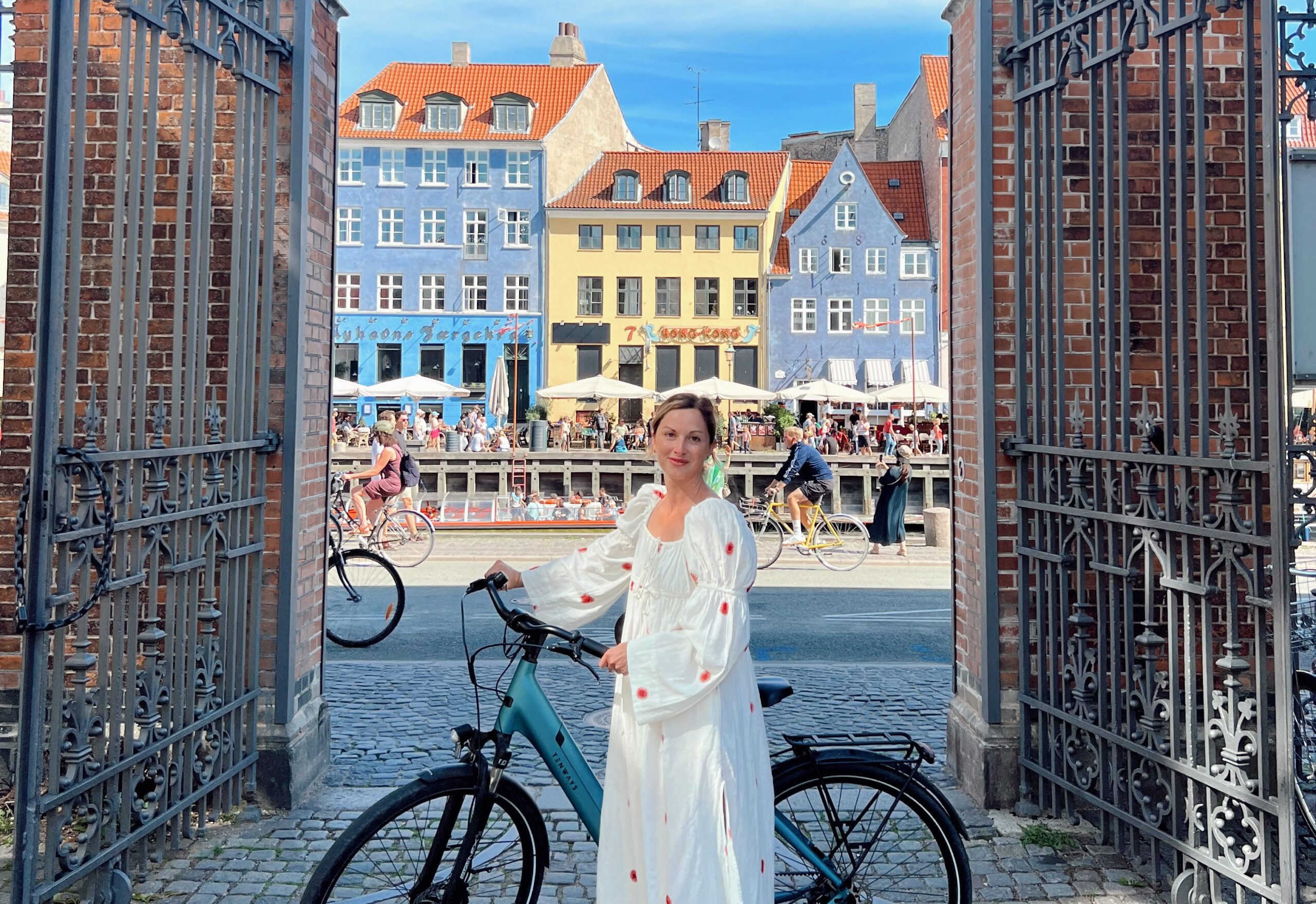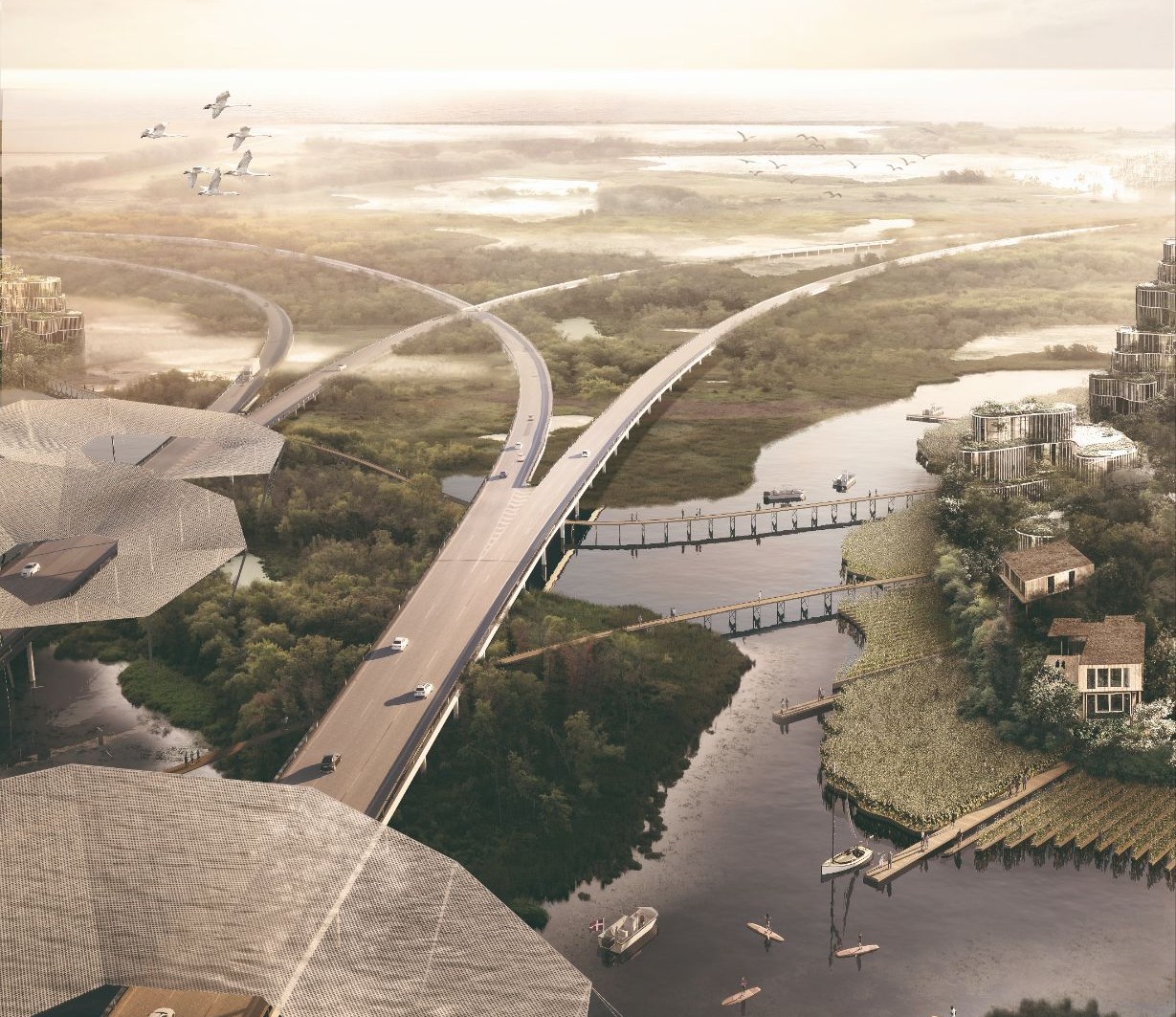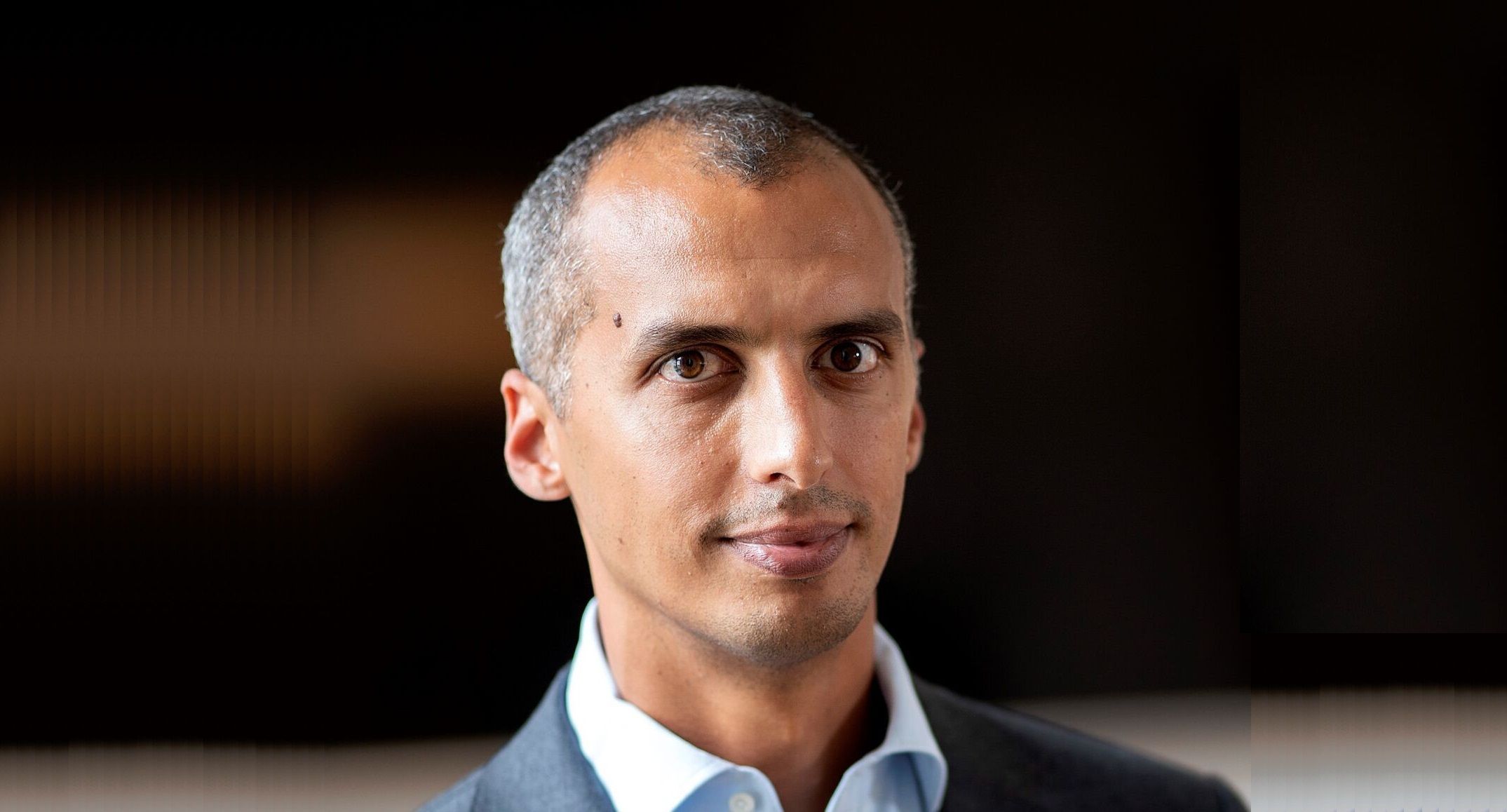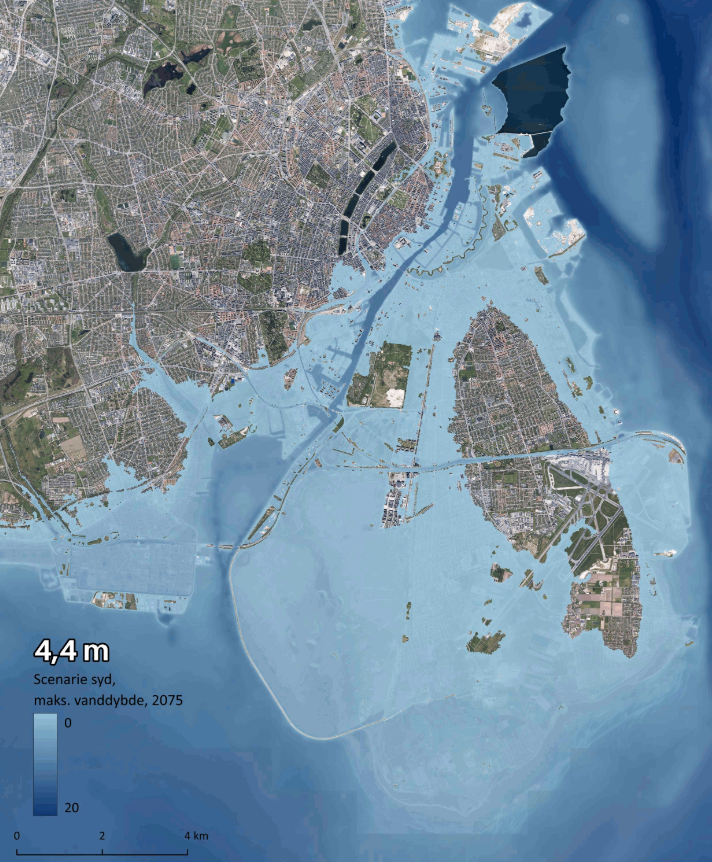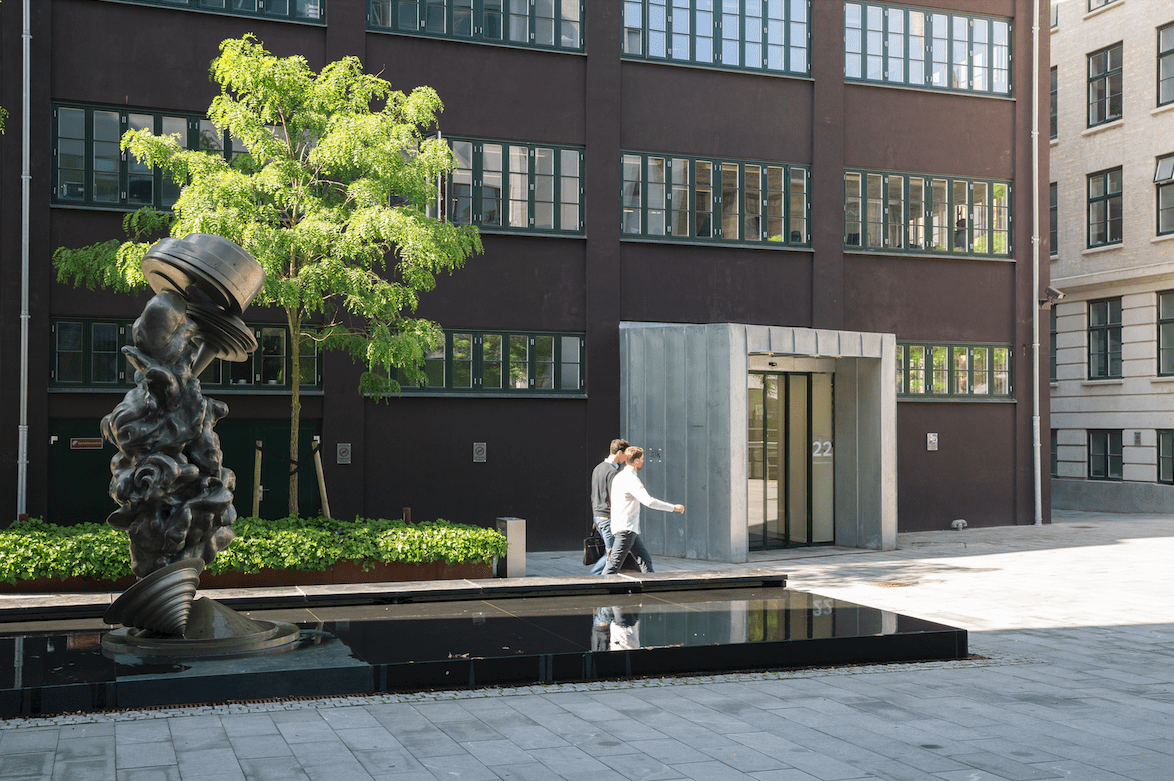After riding high following the 2011 election, support for opposition party Venstre has plummeted in the wake of a series of gaffes by party leader Lars Løkke Rasmussen.
Rasmussen first put his foot in it when, during a parliamentary debate last week, he said that the 2,000 kroner a person would gain from working a minimum wage job rather than taking unemployment benefits, was only equivalent to a pair of shoes.
This out-of-touch statement was followed up by revelations by tabloid Ekstra Bladet that Rasmussen had spent 770,000 kroner on first-class travel as chairman of the climate organisation Global Green Growth Initiative (GGGI).
READ MORE: A first-class scandal for 'Luxury Lars'
Luxury travel
The organisation changed its rules this summer limiting the chairman to business class, but Rasmussen was criticised for travelling so luxuriously for over a year before the rules were changed.
The 15 first-class trips was especially embarrassing given that the Danish government provides ten percent of the GGGI’s three-year 900 million kroner budget.
The gaffes are widely thought to have contributed to Venstre's declining support. After polling at a record 34 percent in mid-2012, the latest Megafon poll puts Venstre at around 26 percent – the same level of support the party secured at the 2011 election.
Weak apology
On Monday, Rasmussen sent a letter to Venstre members in which he apologised for the series of embarrassing incidents and took responsibility for not minimising his travel expenses as chairman of the GGGI.
“Should I have taken the initiative to change the rules earlier? Yes I should have,” Rasmussen wrote.
But Rasmussen’s apology was not enough to appease his fellow MPs and now representatives from both political blocks have demanded that Rasmussen present receipts for all of his travel expenses as GGGI chairman.
Demand to release travel receipts
“Some of the trips have not been revealed and neither have details about who paid for what and how the expenses were split,” MP Hans Kristian Skibby (Dansk Folkeparti) told Berlingske newspaper. “These are state development funds that are being used to finance these trips.”
While Venstre has so far refused to hand over the receipts, arguing that GGGI regulations prevented their publication, the Foreign Ministry has stated that “there are no rules or special considerations that prevent the chairman of the GGGI from asking to publish his travel receipts.”
MPs: Step down
Rasmussen’s refusal to release the receipts has now led to demands that he withdraw as chairman.
“I think that, on the whole, Rasmussen appears untrustworthy,” MP Rasmus Helveg Petersen (Radikale) told Politiken. “This is due to two things. First, the issue over the receipts and second, because what he says as chairman as GGGI and what he says as Venstre chairman do not add up. As chairman of GGGI he is fighting for economic growth through a transition to renewable energy. But as Venstre leader he is constantly attacking the government’s climate plan."
Come back to earth
Rasmussen was widely condemned in newspaper editorials this week for his expensive, high-flying habits – Berlingske’s was entitled 'Earth calling Lars Løkke' while Politiken newspaper went for 'Løkke should come back down to earth'.
“There is no doubt that he knowingly let himself get transported at a level which was far higher than a Danish minister would ever be permitted to do,” Berlingske wrote yesterday. “Lars Løkke Rasmussen has shown such seriously poor judgement that many right-wing voters have spent the past few days banging their heads against the wall in sheer frustration.”
Factfile | Rasmussen’s GGGI travel costs
Flights: 770,000 kroner
Hotels: 140,000 kroner
Food: 24,000 kroner
Car transport: 90,000 kroner
Other costs: 16,000 kroner
Source: GGGI


